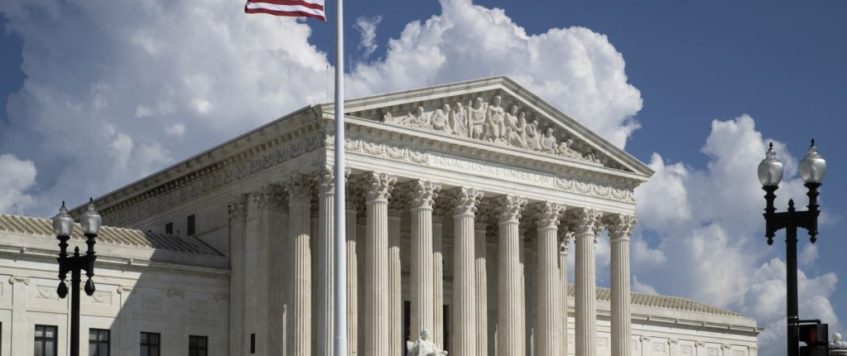-
29
Jun
California Supreme Court to Review Rulings on Constitutionality of Prop 22
The battle over the constitutionality of California’s Prop 22 lives on, with the state’s Supreme Court granting review of mixed lower and appellate court rulings on the issue of exempting gig workers from independent contractor law AB5.
The Supreme Court on Wednesday said it would hear the appeal of the case, which was brought by a group of gig worker defendants. A driver named Hector Castellanos is the lead plaintiff. The Service Employees International Union California State Council is also a plaintiff.
The defendants are the state of California and the Uber/Lyft/DoorDash-backed group that got Prop 22 on the ballot, Protect App-Based Drivers and Services.
At the core of the legal battle is the Prop 22 referendum approved by California voters on Election Day 2020. It protects gig drivers such as those for Uber, Lyft and DoorDash from AB5.
But in August 2021, Judge Frank Roesch of the Superior Court of Alameda County declared Prop 22 unconstitutional. He found that its provisions on the state’s workers’ compensation system were illegal, as were the referendum’s provisions regarding the methods by which the legislature could amend Prop 22 and the question of whether Prop 22 met the test of being about a “single subject,” which is a requirement under California law.
While the March decision by the Court of Appeals for the 1st Appellate District overturned Roesch’s decision, it did so with an ambiguity that opened the door to an appeal with the state’s highest court, which now has been granted.
Roesch’s decision was stayed so that AB5 has not been implemented against gig drivers in California.
The ambiguity in the appellate court’s decision is that it overturned the lower court ruling on workers’ compensation but supported the Roesch decision on the amendment process and the question of whether Prop 22 dealt with a single subject.
California is a defendant in the case because it is required to represent the voters who cast ballots in 2020, which puts the state in the position of supporting limits on the scope of AB5. The case ironically forces California to defend limits on AB5’s reach where gig workers are concerned even as the state seeks in two other cases to ensure that the law’s provisions continue to apply to the trucking sector. Those cases are the the one brought by the California Trucking Association (CTA) and the other by Uber and Postmates.
AB5 had been blocked by the CTA case but almost a year ago, on June 30, the U.S. Supreme Court denied review of an appellate court decision that had opened the door to trucking falling under AB5. The independent contractor law continues to be the prevailing regulation in the state’s trucking sector.
AB5 has at its core the ABC test for determining whether a worker is an employee or an independent contractor. The B part of the ABC test holds that a worker can be considered an independent contractor if he or she “performs work that is outside the usual course of the hiring entity’s business.” That can be a difficult burden for a trucking company hiring drivers who are independent and not employees, or a passenger transportation company like Uber hiring gig drivers.
By: John Kingston / FreightWaves

